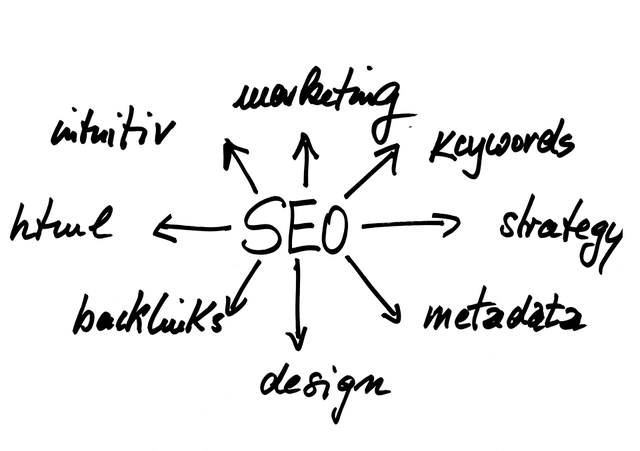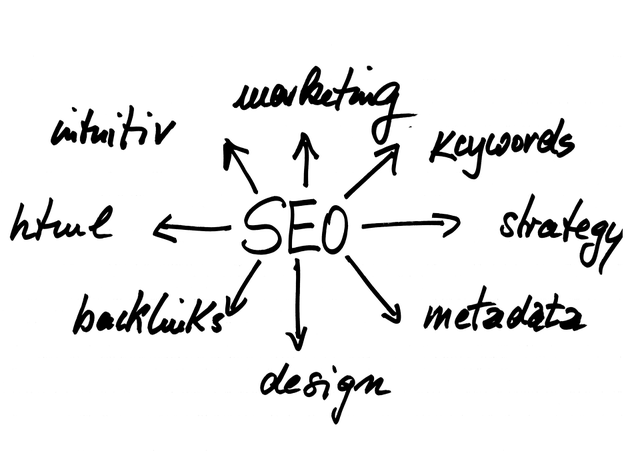In today's global digital market, International Technical SEO is crucial for online success. It involves optimizing websites for diverse markets through language, culture, and regional considerations. Effective strategies include keyword research in multiple languages, international site structure optimization, structured data markup (like Schema.org), and mobile UX enhancements. Technical SEO Training equips professionals with the skills to navigate this complex landscape, ensuring global accessibility, high search rankings, and competitive edge. Key tools for technical audits include Google Search Console, Ahrefs, SEMrush, and Moz. Strategic link-building focuses on quality, relevant websites in each region, diverse anchor text, and local SEO techniques for enhanced international visibility.
In today’s globalized digital landscape, mastering international technical SEO is paramount for businesses aiming to thrive worldwide. This comprehensive guide offers an in-depth exploration of essential strategies for optimizing websites from a global perspective. From understanding the nuances of country-specific search engines to implementing structured data and crafting language-agnostic content, each chapter provides valuable insights tailored for effective Technical SEO Training. Discover best practices for mobile optimization, powerful audit tools, and innovative link-building techniques to elevate your website’s visibility on an international scale.
Understanding International Technical SEO: A Global Perspective

In today’s interconnected global market, understanding International Technical SEO is paramount for businesses aiming to thrive online. It involves optimizing websites and content for search engines across diverse markets, taking into account unique language, cultural nuances, and regional preferences. This global perspective ensures that your website isn’t just visible but resonates with audiences worldwide.
Effective International Technical SEO requires a blend of specialized knowledge and strategic thinking. This includes learning how to conduct thorough keyword research in multiple languages, optimizing site structure for international users, and implementing structured data markup to help search engines understand content nuances. Investing in comprehensive Technical SEO Training equips professionals with the skills needed to navigate this complex landscape, ensuring that websites are not only globally accessible but also ranked prominently in relevant search results worldwide.
The Role of Structured Data in Improving Search Visibility Across Borders

In today’s globalized digital landscape, International Technical SEO plays a pivotal role in helping businesses expand their reach and target audiences worldwide. One of the key components contributing to this success is structured data. By implementing structured data markup, such as Schema.org vocabulary, websites can provide search engines with enhanced information about their content, products, or services. This, in turn, improves search visibility across borders by making it easier for search algorithms to understand and index dynamic content, especially when language barriers exist.
Structured data enables search engines like Google to uncover the nuances of a business’s offerings, including specific attributes like prices, availability dates, and product ratings. This not only enriches the search results but also encourages richer click-through rates (CTRs), as users are provided with more detailed and relevant information. As businesses venture into new markets, Technical SEO Training becomes indispensable to ensure that structured data is correctly implemented across multilingual websites, ultimately driving better performance in international search rankings.
Optimizing for Different Country-Specific Search Engines

In today’s globalized digital landscape, businesses must optimize their online presence for various country-specific search engines to succeed internationally. One critical aspect of this strategy is understanding and implementing Technical SEO best practices tailored to each target market. This involves extensive research into local search engine algorithms, trends, and user preferences. For instance, a Technical SEO Training program can equip professionals with the knowledge to create multilingual content, ensuring it’s optimized for relevant keywords in each language.
Additionally, structuring websites to accommodate different domain extensions (e.g., .com, .fr, .de) and setting up proper URL rewriting rules are essential. These techniques not only improve search engine visibility but also enhance user experience by delivering localized, culturally relevant content. Such optimizations are key to capturing a broader international audience and outperforming competitors in their native markets.
Techniques for Creating Language-Agnostic Websites

Creating language-agnostic websites is a key aspect of International Technical SEO, ensuring your site can cater to a global audience efficiently. This involves implementing strategies that allow content delivery in multiple languages while maintaining optimal technical performance and search engine visibility. A fundamental technique is utilizing server-side dynamic content generation, which enables the server to create unique HTML pages for each requested language, providing a native user experience regardless of the visitor’s location.
Additionally, employing structured data markup with a focus on multilingual attributes helps search engines understand the content’s language variations. This includes using the `lang` attribute in HTML tags and providing separate sitemaps for each language to ensure accurate crawling and indexing. Through these methods, sites can masterfully adapt to diverse linguistic landscapes, enhancing their accessibility and relevance in global markets.
Enhancing Mobile User Experience for a Global Audience

In today’s digital era, enhancing mobile user experience is paramount for businesses aiming to master international technical SEO. With a vast global audience accessing websites via smartphones and tablets, optimizing for mobile search has become non-negotiable. Technical SEO training emphasizes the importance of responsive design, ensuring websites seamlessly adapt to different screen sizes and resolutions, thereby providing a consistent and seamless experience across devices.
This involves implementing structured data markup, optimizing page load speeds, and improving touch-friendly navigation. By addressing these aspects, businesses can elevate their search engine rankings, increase user engagement, and ultimately drive conversions from mobile users worldwide. Effective mobile UX strategies not only cater to the practical needs of global audiences but also foster a sense of accessibility and convenience, solidifying a brand’s online presence in diverse markets.
Tools and Resources for Comprehensive Technical SEO Audits

When conducting comprehensive technical SEO audits, having the right tools and resources is paramount. These audits are crucial for identifying and rectifying issues that can hinder a website’s visibility and performance in global search results. Several sophisticated tools like Google Search Console, Ahrefs, SEMrush, and Moz offer detailed insights into a site’s technical health.
Technical SEO training often emphasizes the strategic use of these platforms to analyze crawl errors, site speed, mobile-friendliness, schema markup, and more. By leveraging such resources, SEO practitioners can navigate complex digital landscapes, ensuring that websites are optimized for both search engines and users alike.
Best Practices for International Link Building Strategies

When crafting international link-building strategies, a structured and targeted approach is key. Start by identifying high-quality, relevant websites in each target country or region using comprehensive Technical SEO Training. These sites should align with your niche and have a proven track record of quality content. Diversifying anchor text and ensuring a natural link profile are best practices to enhance search engine visibility globally.
Focus on building relationships with these websites through genuine collaborations and guest blogging opportunities. Remember, international links should reflect your global presence and authority. Utilizing local SEO techniques, such as translating content and optimizing for regional keywords, will further reinforce the relevance of these links, ultimately strengthening your site’s performance in international search results.
